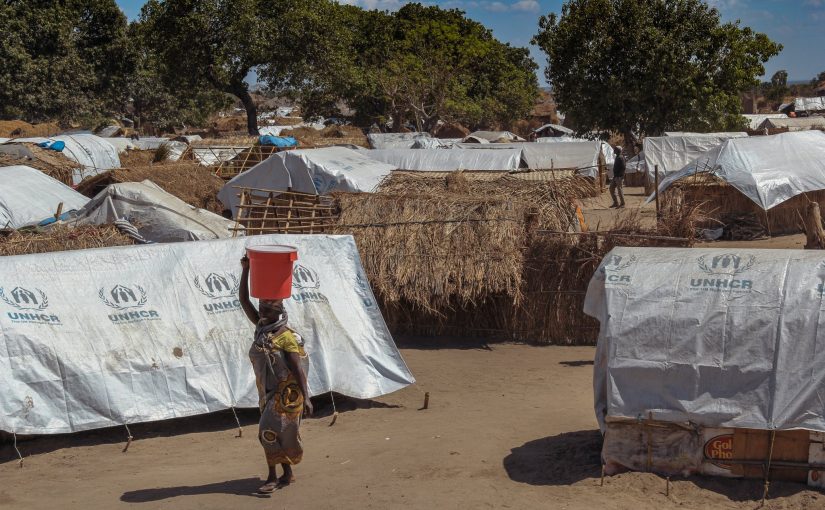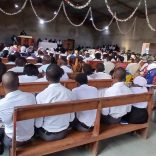Mozambique: Malaria kills 270 in five months, over 6M cases
Cabo Delgado: Almost 820,000 still displaced, more than 409,000 have returned – INGD

FILE - For illustration purposes only. [File photo: UN Mozambique]
More than 400,000 people who were victims of insurgent attacks in northern Mozambique in the last five years have returned to their areas of origin, namely in Cabo Delgado, but almost 820,000 remain displaced, according to official figures.
According to the latest update by the national institute for disaster risk management and reduction (INGD), released on Thursday, “at least 409,087 people” have returned to their areas of origin.
However, “there are still 819,004 displaced people”, of which 764,332 in Cabo Delgado province, and the rest in the provinces of Niassa (4,533), Nampula (39,875), Manica (5,582), Sofala (3,376) and Zambézia (1,191), among others.
Cabo Delgado province (northern Mozambique) has been facing an armed insurgency for five years with some attacks claimed by the extremist group Islamic State.
The insurgency has led to a military response since July 2021 with support from Rwanda and the Southern African Development Community (SADC), liberating districts near gas projects, but new waves of attacks have emerged south of the region and in neighbouring Nampula province.
The conflict has claimed some 4,000 lives, according to the ACLED conflict registration project.
According to INGD data, the Mozambican government “continues to implement the policy and strategy for the management of internally displaced persons”, as well as the Cabo Delgado Reconstruction Plan (PRCD), “with a focus on humanitarian assistance, infrastructure recovery and economic and financial activities”.
These data were also presented this week in Maputo by the president of INGD, Luísa Celma Meque, to the subcommittee for refugees, repatriated and displaced persons of the committee of permanent representatives (COREP) of the African Union, as part of a humanitarian assessment, “due to floods and cyclones, as well as the situation of armed attacks by insurgents in Cabo Delgado”, explained the institution.
The INGD president said that the natural phenomena that occurred in the 2022/2023 season, “with emphasis on cyclone Freedy, affected about 1.4 million people, causing more than 300 deaths” in Mozambique.
Luísa Celma Meque made it known that “the challenges are still visible, from the need for insertion or reintegration of returned families, availability of housing, social infrastructure, promotion of self-employment, among other measures”.
During the season in question, more than 442,000 people were assisted with food and about 271,000 people with non-food items.
Currently, INGD manages six accommodation centres in Maputo city, with 267 families.
Cyclone Freddy is part of a set of extreme phenomena that scientists believe are gaining strength due to rising temperatures on the planet.
It was one of the longest cyclones on record (37 days, between 5 February and 14 March) and the one that travelled the greatest distance, exceeding 10,000 kilometres, from when it formed off northern Australia and crossed the entire Indian Ocean to southern Africa.
The storm caused hundreds of deaths and widespread destruction in central Mozambique and Malawi.













Leave a Reply
Be the First to Comment!
You must be logged in to post a comment.
You must be logged in to post a comment.